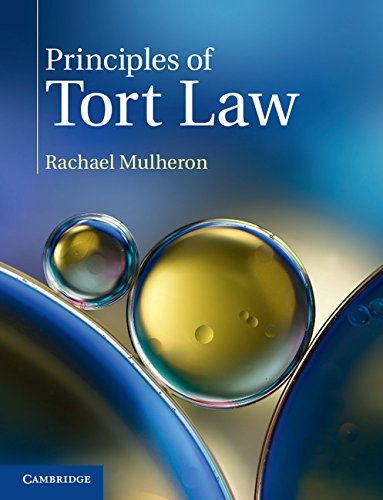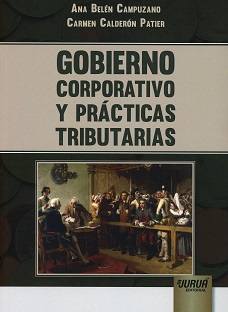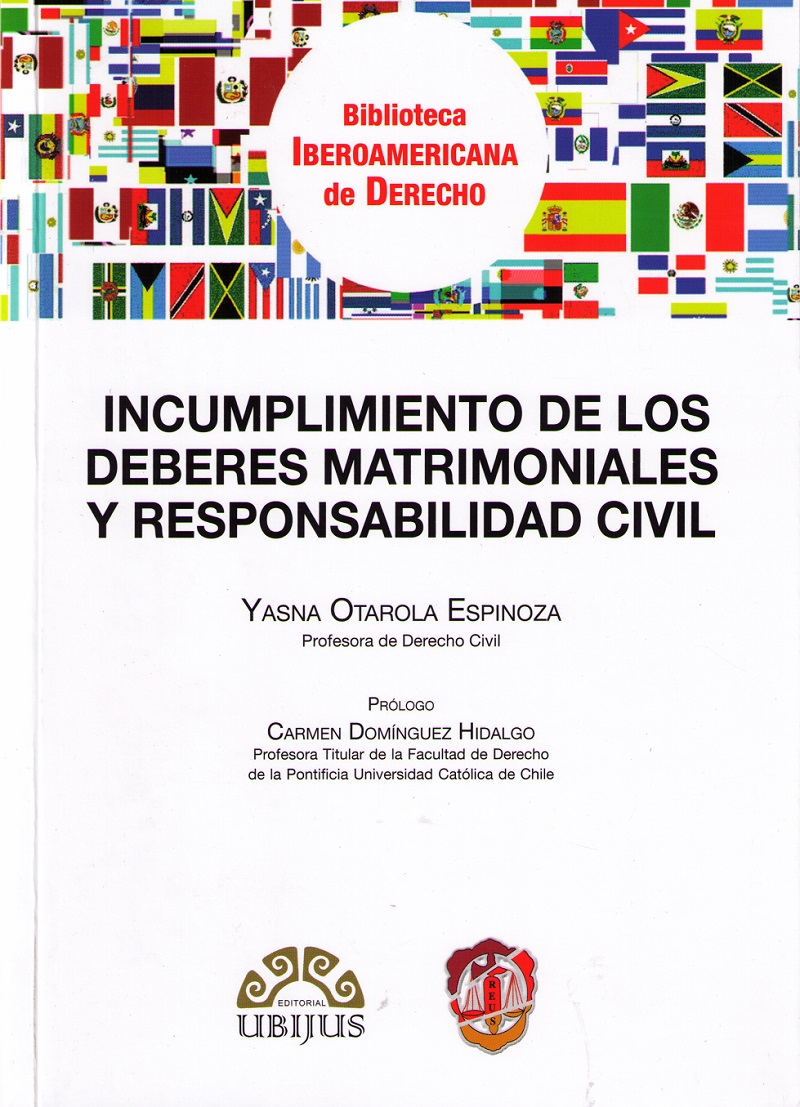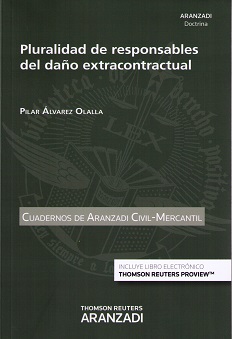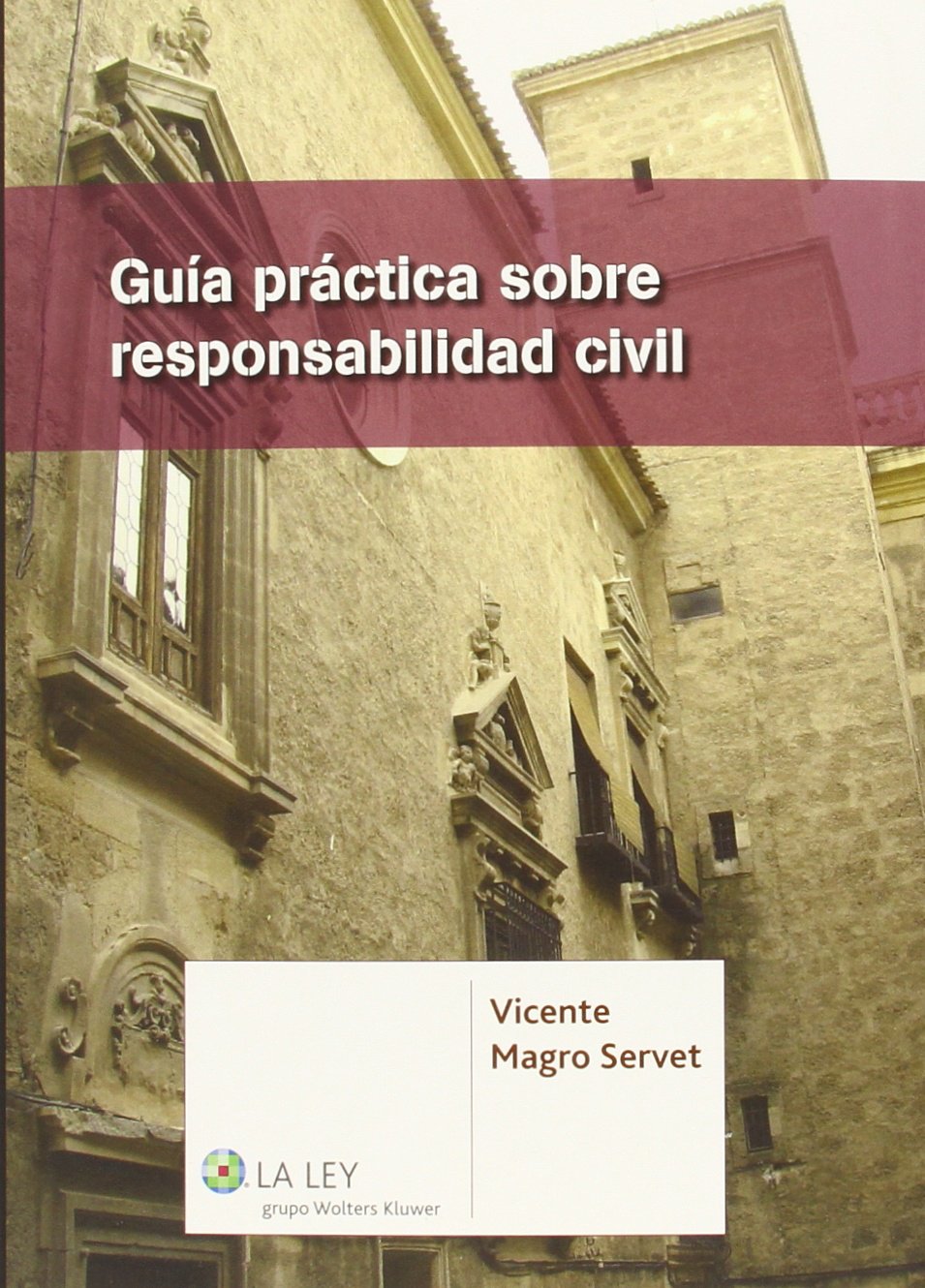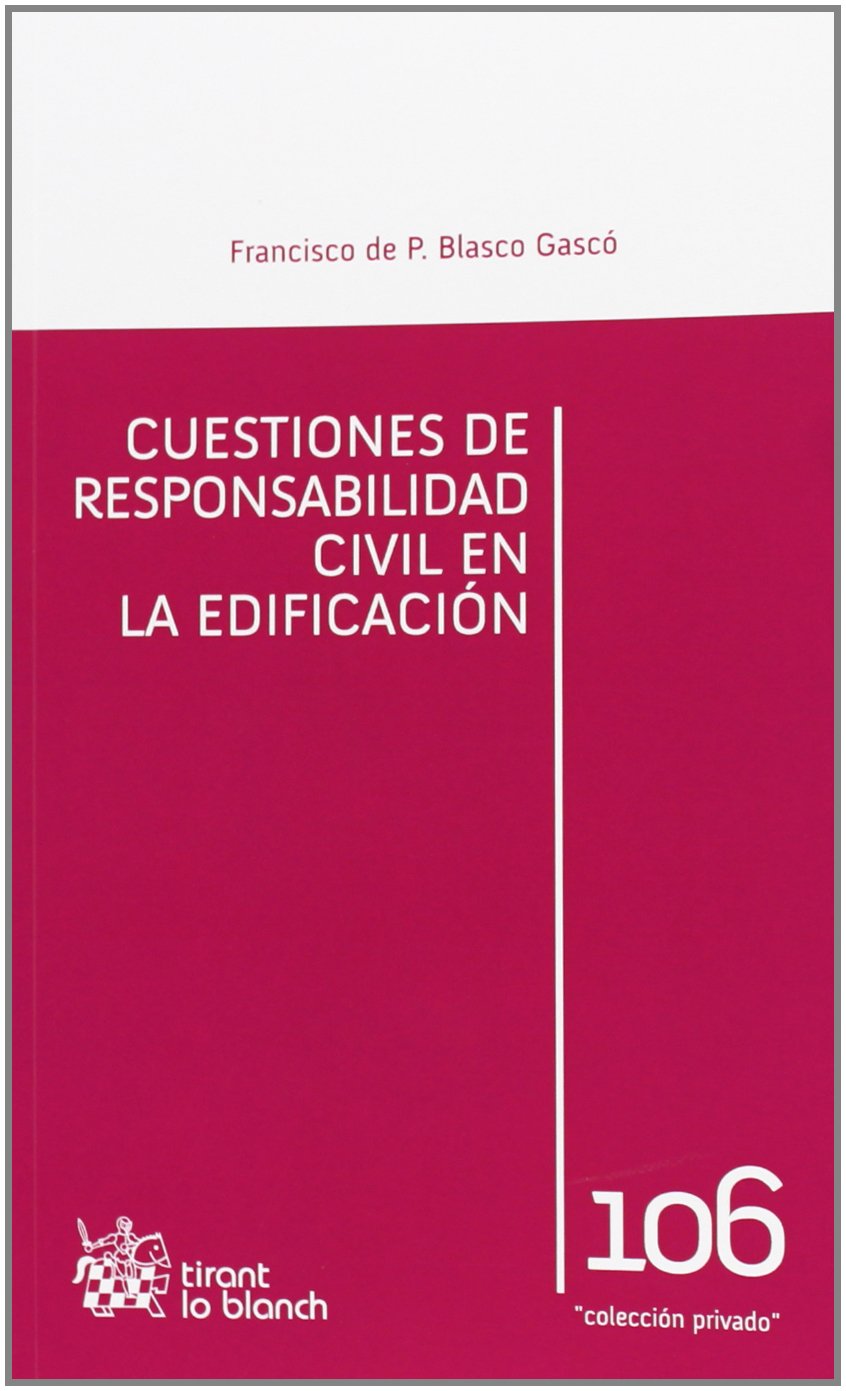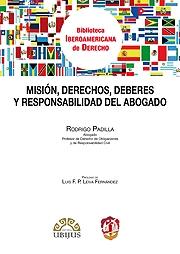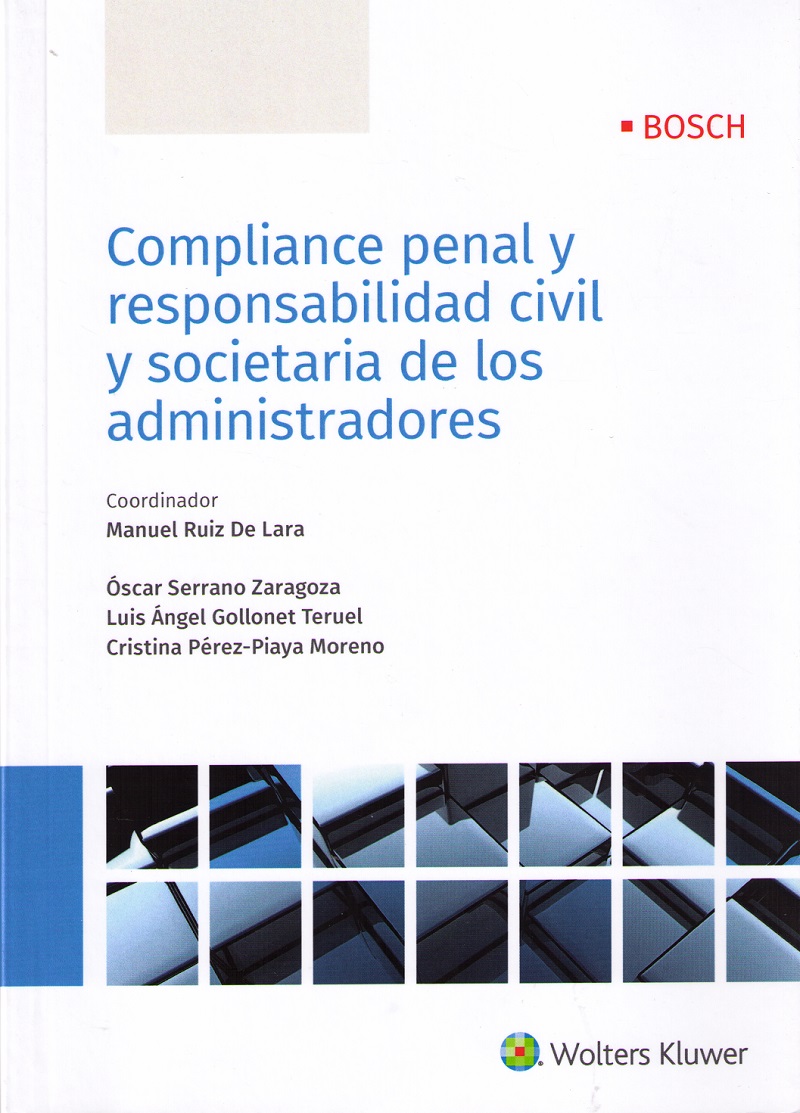Principles of Tort Law
Principles of Tort Law is a comprehensive textbook that presents tort law as a coherent body of principles, offering students a clear and thorough understanding of the subject. The book is structured around a consistent analytical framework that meticulously examines each tort, covering its preconditions, elements, defenses, and remedies. This approach ensures that students can follow the logical progression of tort law and appreciate its complexities.
The text is complemented by clear summaries and comparative analyses, making it easier for students to grasp key concepts. Numerous diagrams and tables are included to simplify complex aspects of the law, enhancing understanding. Critical discussions of legal judgments invite students to engage with case law, developing their analytical and case-reading skills. These discussions also encourage readers to question and critically assess the principles that underpin tort law.
The book goes beyond basic explanations by incorporating key reform proposals and drawing on leading cases from other jurisdictions, which provide alternative perspectives and solutions to challenges within tort law. This comparative approach enriches the learning experience, offering students a broader view of how tort law operates in different legal systems.
In addition to the core text, a rich companion website expands on the subject by offering ten additional chapters and sections that delve into more advanced areas of tort law. This online resource provides further depth and is an invaluable tool for students who wish to deepen their understanding of the topic.
Written specifically for students, Principles of Tort Law is also a valuable resource for practitioners, litigants, policymakers, and law reformers. It serves as a thorough and accurate guide for anyone seeking to understand the principles, complexities, and potential reforms in tort law.

